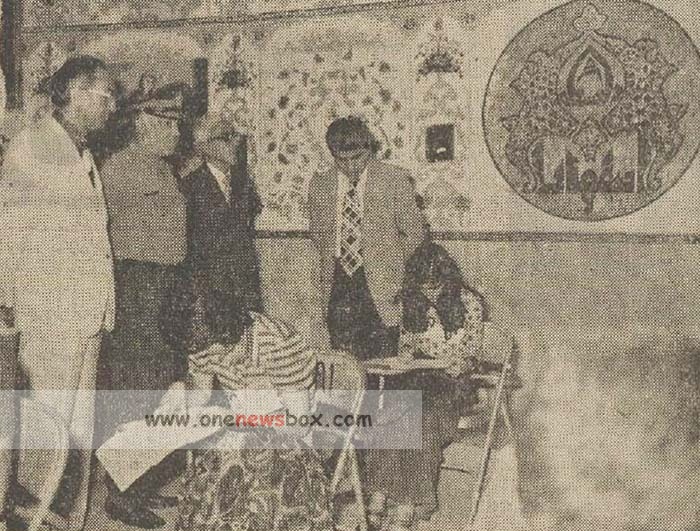The exam is held twice a year — first in May and then in July — marking a significant shift from earlier years when it was conducted only once annually. This new arrangement, implemented from 1402 AH (2023 CE), aims to provide candidates with more opportunities and reduce exam-related pressure.
Prior to 2013, the Islamic Azad University held its own separate entrance exams. However, following a structural reform, its admission process was merged with the national entrance exam, streamlining the system and consolidating authority under a unified national framework.
The Debate Over Quotas and Admission Criteria
One of the most hotly debated aspects of the Konkor is the system of quotas. Critics argue that these quotas, often reserved for specific regions, social groups, or underprivileged communities, create an uneven playing field. Many candidates believe that the quota system is both unfair and externally imposed, serving political or social agendas rather than promoting meritocracy.
Furthermore, the influence of academic records (Grade Point Average or GPA) on university admissions has become a contentious topic. Traditionally, the GPA had a positive-only influence, meaning it could only benefit a student’s admission chances. However, this changed in 1402 AH, when the Supreme Council of the Cultural Revolution mandated that the GPA would have a definitive and direct effect on the outcome of the Konkor. This decision faced strong opposition from students and educational experts, with repeated surveys indicating that 85% of students, parents, and teachers disapproved of this policy shift.

